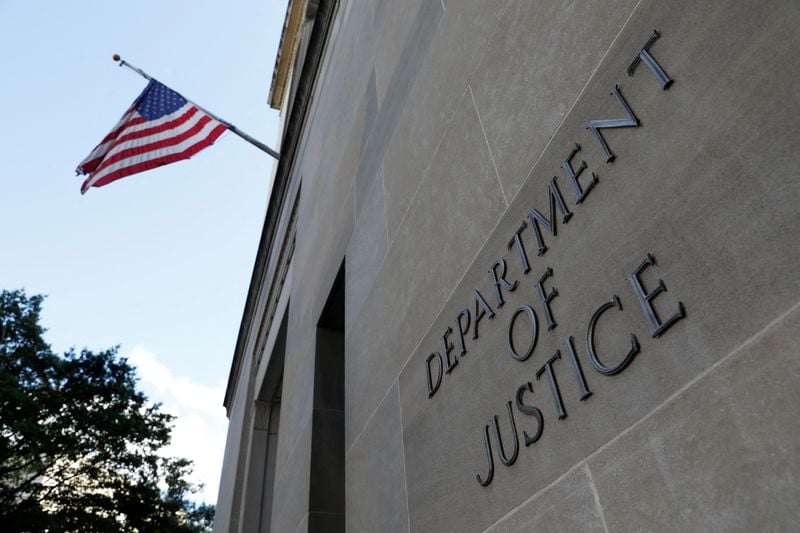BALTIMORE, MARYLAND – The Baltimore Police Department is investigating a shooting which took place on April 11th. This incident happened on the 3300 Block of Gwynns Falls Parkway in Northwest Baltimore at 2:48AM.
According to Police, “Once at the location, officers located a 17-year-old female victim suffering from an apparent gunshot wound to the right hip. The victim was transported to an area hospital with non-life-threatening injuries. Northwest District Shooting detectives responded to the scene and assumed control over the investigation.”
If you have any information about this incident, please contact Northwest District Shooting detectives at 410-396-2466 or 1-866-7LOCK-UP.


















